Crime and Law in Morocco: How to Stay Safe When Travelling
Morocco doesn’t ease you in gently, it sweeps you into its rhythm. Spices in the air, colour everywhere, a beautiful chaos that keeps you wide-eyed from sunrise to midnight.
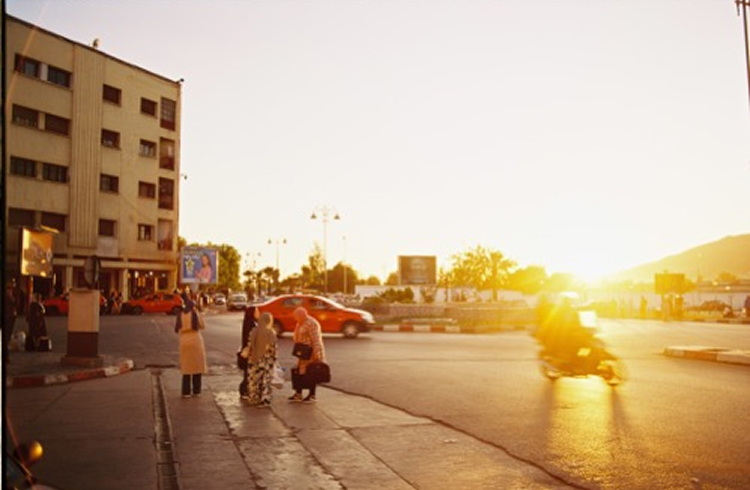 Photo © Gabriel Mungarrieta
Photo © Gabriel Mungarrieta
From the blue-washed walls of Chefchaouen to the dunes of the Sahara, Morocco is a place that rewards the curious. Its medinas are alive with colour, sound, and stories, drawing you in at every turn. That intensity is part of the magic, and with a little awareness and cultural respect, you can enjoy every bit of it.
- Safety in Marrakech
- Safety in Casablanca
- Safety in Fez
- Transportation safety
- Rural areas & hiking safety
- General Morocco safety tips
Morocco is a Muslim-majority country, and everyday life is shaped by Islamic values and laws. Modest clothing is appreciated (especially in Fez), public displays of affection are uncommon, and alcohol is limited to licensed bars or hotels. These aren’t rules aimed at travellers, just part of being respectful of local customs.
Most Moroccans are warm, welcoming, and proud of their traditions, but as in any tourist-heavy country, small scams and petty crime exist. Knowing how to navigate the souks, sidestep pushy salesmen, and move confidently through crowded areas can make your trip much smoother.
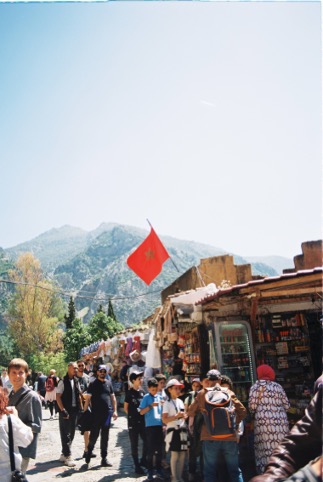
Safety in Marrakech
Marrakech is the Morocco that lives in travellers’ imaginations… the humming markets, the lantern glow at night, and the constant sensory overload. It’s magical, but it can also catch new visitors off guard.
The medina’s winding lanes are where most issues pop up. You’ll find people offering directions or guiding you somewhere “for free,” then asking for money once you arrive. Others might insist a road is closed and lead you toward a shop where they get commission. Stay polite but firm: “La, shukran,” Moroccan for “No, thank you,” works wonders. Keep walking and don’t get drawn into arguments.
Pickpocketing is the main concern here, especially around Jemaa el-Fnaa and in tight souk corridors. Keep your valuables zipped and your phone out of your back pocket. At night, stick to the main, well-lit paths; the deserted alleys of the old medina aren’t shortcuts you need.
You may also be offered hashish occasionally; it’s common in tourist-heavy parts of the medina. It is illegal in Morocco so you’ll want to decline and move on.
Despite the bustle, Marrakech is vibrant and unforgettable when approached with steady awareness.
Safety in Casablanca
Casablanca feels like a completely different world; modern, fast-paced, and more business-focused than traditional. It’s not chaotic like Marrakech, but it functions like a big city, and that’s where its safety considerations come from.
Public transport, especially the tram, is reliable and safe, but keep your bag in front during rush hour. The biggest annoyance here is taxi overcharging, so favour petit taxis with meters. If the driver won’t use one, settle on a price before you get in.
Petty theft can happen around the old medina and the busier coastal areas, but it’s more opportunistic than targeted. Walk confidently and do you best to avoid distractions.
Around major landmarks, a few people might try to position themselves as a “guide” or claim an area is closed unless you pay them. Ignore it, stay polite, and keep moving. They give up quickly when you don’t engage.
Casablanca’s energy is quick and urban, but as long as you use typical big-city awareness, it’s straightforward to navigate.
Catching a petit taxi at sunset, the daily rhythm of Moroccan city life.
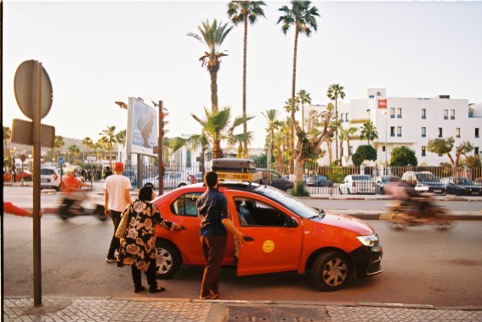
Safety in Fez
Fez is a completely different experience, more traditional, more conservative, and home to the world’s largest car-free medina. It feels like stepping back centuries, which is exactly what makes it so special… and occasionally overwhelming.
Here, modest clothing is appreciated more than anywhere else in Morocco. You don’t need to cover your hair, but dressing respectfully helps you blend in and avoids curious stares, especially in the old medina.
The Fez medina is famously intricate, thousands of narrow lanes stacked on top of each other, many of them dead ends. Stick to the main streets unless you know the route. Wandering too deep into the quiet, maze-like sections can leave you isolated and potentially vulnerable.
Pickpocketing happens mainly in the tightest souk corridors, so keep valuables secure. You might get the occasional hashish offer here too Just decline and keep walking.
Fez can feel intense at first, but once you settle into its rhythm, it’s one of Morocco’s most rewarding cultural experiences.
A slice of daily life in the Fez medina, where every alley is alive with colour and conversation.
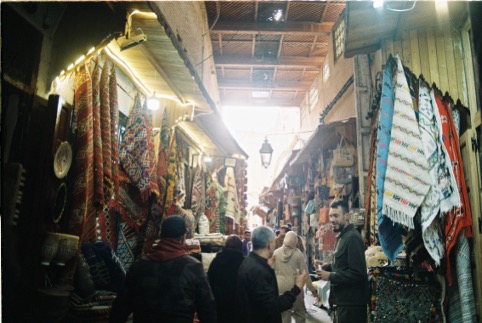
Transportation safety in Morocco
Morocco’s transport system is surprisingly modern and easy to navigate.
Trains are the best option for long-distance travel. They’re reliable, comfortable, and feel safe even for solo travellers. The high-speed Al Boraq line makes moving between Tangier, Rabat, Casablanca, and Marrakech quick and painless.
If trains don’t cover your route, CTM and Supratours buses are the next best option. They run frequently and are generally trustworthy.
Taxis are great for short distances, but common sense helps:
- Ask drivers to use the meter
- If there’s no meter, negotiate beforehand
- Ask your hotel what typical fares should be
For car rentals, stick to reputable outlets and take photos of the car before driving off. City driving can be chaotic, scooters cut across traffic, and road rules are loosely followed. Rural driving is calmer but involves narrow roads, animals crossing, and limited lighting. Avoid driving long distances at night.
Road hazards, Moroccan edition. always expect livestock around the bend.
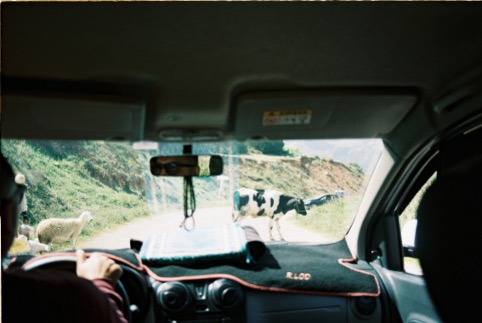
Rural Areas & Hiking Safety
Morocco’s landscapes are some of the country’s biggest highlights, from the mountains to the desert villages. But remote areas require more planning:
- Don’t hike alone
- Tell someone your intended route
- Stick to marked paths
- Lock your car if leaving it unattended
Most rural communities are incredibly welcoming, but the isolation means you need to look out for yourself a bit more.
Morocco’s rural beauty rewards you, as long as you respect its isolation and stay smart on the trail.
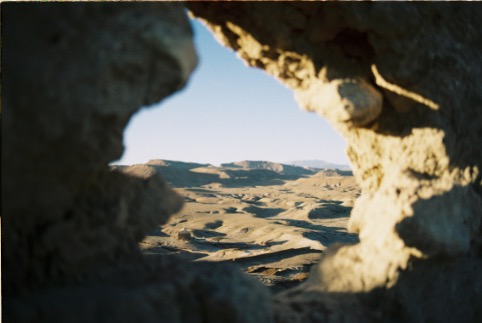
General Morocco Safety Tips:
- Stay in well-lit, populated areas at night, especially in the medinas.
- Keep valuables zipped and in front of you in markets or rush-hour crowds.
- Be polite but firm with salesmen and unsolicited “guides”: keep walking and say “la shukran.”
- Avoid deserted alleys, even during the day, unless you know exactly where you’re going.
- Don’t accept “free” services, directions, or henna - they’re not free.
- Dress modestly, particularly in Fez and rural towns, to avoid unwanted attention.
- Respect local norms around PDA - it’s frowned upon and can draw stares.
- Politely decline hashish offers and move on without engaging.
- Agree upon a price with taxi drivers before getting in the car if they won’t use a meter.
- Trust your instincts - if an area feels off, change direction.
Consider travel insurance: It may cover medical emergencies, theft, and trip disruptions. These kinds of surprises are rare but can be expensive when they happen.
Travel insurance doesn't cover everything, and coverage may differ depending on the country of residence, state or province. Carefully read the policy wording for a full description of coverage, including the terms, conditions, limitations, exclusions and termination provisions of the plans described.
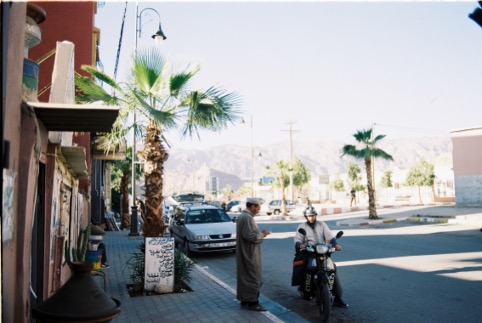
Morocco is one of the most rewarding destinations you can visit, full of history, flavour, and genuine hospitality. With a little cultural respect and awareness of common scams, you can enjoy everything it has to offer with confidence. Most travellers leave with incredible memories and a deep appreciation for the country.
These tips can help you move confidently, avoid unnecessary stress, and soak up the best of Morocco, safely and respectfully.
Related articles
Simple and flexible travel insurance
You can buy at home or while traveling, and claim online from anywhere in the world. With 150+ adventure activities covered and 24/7 emergency assistance.
Get a quote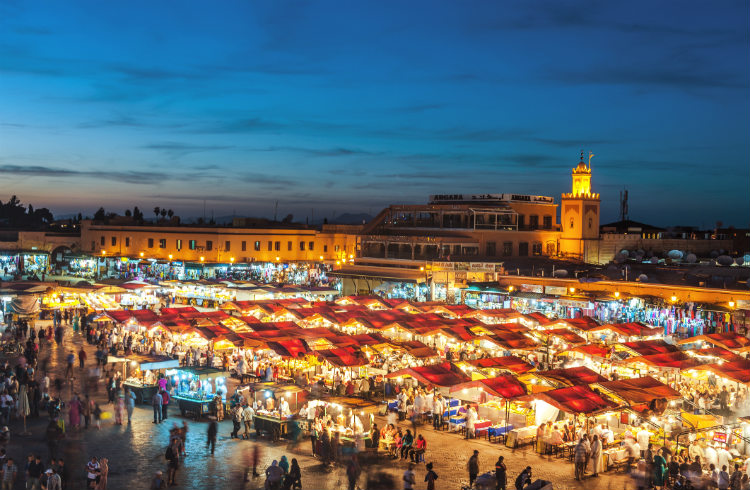
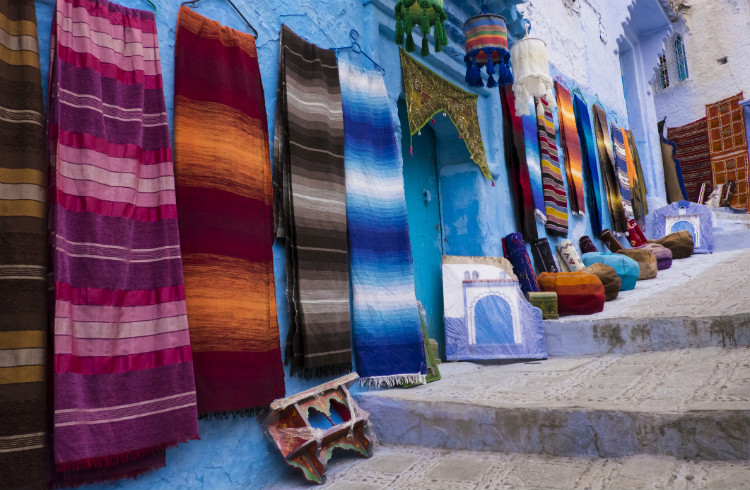
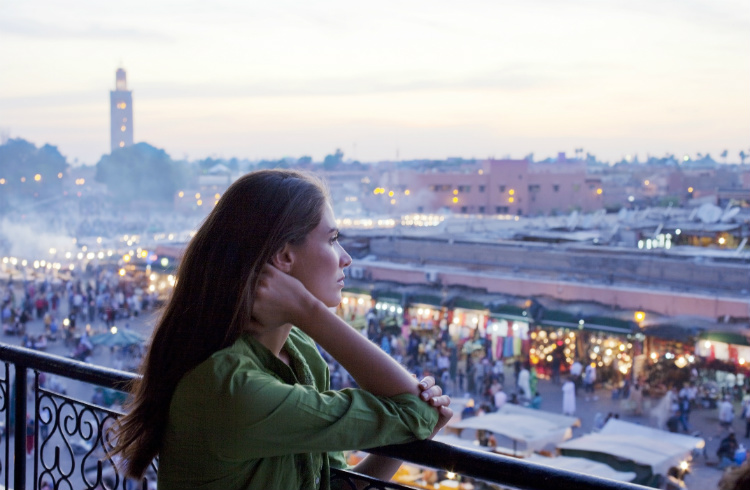
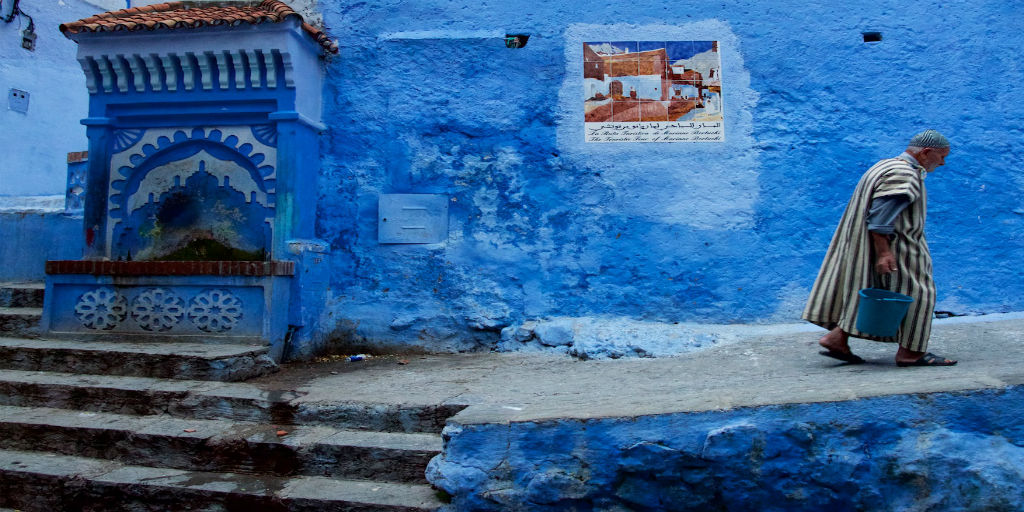
No Comments